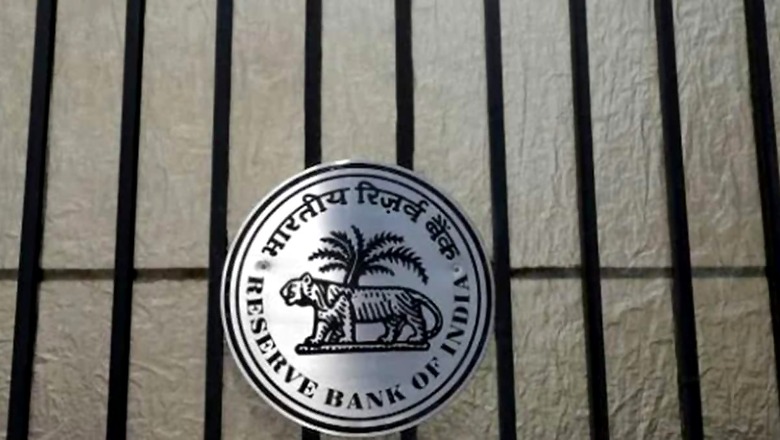
views
The Reserve Bank of India on Monday proposed a revised regulatory framework for Electronic Trading Platforms (ETPs) in the wake of increased integration of the onshore forex market with offshore markets.
Market makers too have been requesting the Reserve Bank to allow access to offshore ETPs offering Indian Rupee (INR) products.
Also Read: Elevate Your Status: RBI Invites Eligible SFBs To Become Regular Banks
What Is Electronic Trading Platform?
ETP refers to any electronic system, other than a recognised stock exchange, on which transactions in eligible instruments are contracted. Eligible instruments mean securities, money market instruments, foreign exchange instruments, derivatives, or other instruments of like nature.
The ‘Draft Master Direction – Reserve Bank of India (Electronic Trading Platforms) Directions, 2024’ said that an entity seeking authorisation as an ETP operator should maintain a minimum net-worth of Rs 5 crore and continue to maintain the minimum net-worth prescribed all times.
Also, the entity should be a company incorporated in India. Further, shareholding by non-residents, if any, in the entity seeking authorisation as an ETP operator should conform to all applicable laws and regulations, including the Foreign Exchange Management Act, 1999.
The entity will also have to maintain robust technology infrastructure with a high degree of reliability, availability, scalability and security in respect of its systems, data and network, appropriate to support its operations and manage the associated risks, the draft said.
In October 2018, the Reserve Bank had put in place a regulatory framework for ETPs for executing transactions in financial instruments regulated by it.
Under the framework, which aimed to ensure fair access through transparent, safe, and efficient trading processes, robust trading infrastructures and prevent market abuse, 13 ETPs operated by 5 operators have since been authorised.
In February, the RBI said that over the last few years, there has been an increased integration of the onshore forex market with offshore markets, notable developments in the technology landscape and an increase in product diversity.
In respect of eligible instruments, the draft said ETP operators authorised by/registered with the RBI should ensure that transactions only in instruments approved by the central bank are contracted on their platform.
No entity, resident or non-resident, can operate an ETP without obtaining prior authorisation of, or having registered with, the Reserve Bank, it added.
The entity seeking authorisation as an ETP operator shall, at the minimum, fulfil the following technological requirements:
- Obtain and maintain robust technology infrastructure with a high degree of reliability, availability, scalability and security in respect of its systems, data and network, appropriate to support its operations and manage the associated risks.
- Ensure capability to disseminate trade information on a real-time basis or near real-time basis.
An ETP operator shall:
- Have objective, fair and transparent membership criteria
- Undertake due diligence at the time of on-boarding of all members and maintain all relevant information about the member
- Identify its members uniquely using Legal Entity Identifier (LEI) and/or Permanent Account Number (PAN)
- Have well documented rules and regulations regarding, but not limited to, on-boarding, suspension and cessation of membership, roles and responsibilities of members and operator, liability framework for ETP and users in case of breach of rules and regulations, restrictions or other requirements that may apply for using the ETP, processing and execution of orders, risk management and control
- Make available pre-trade information such as bid/offer prices, related quantities, depth of trading interest, or such other information, to its members in a fair and non-discriminatory basis consistent with the rules governing transactions
- Make available post-trade information such as the price, volume and time of transactions or such other information, to its members, in a fair and non-discriminatory basis consistent with the rules governing transactions
- Ensure that all documents, rules or regulations referred to in the guidelines are freely available to the members.
The RBI has invited comments on the draft directions from ETP operators, banks, market participants and other interested parties by May 31, 2024.




















Comments
0 comment